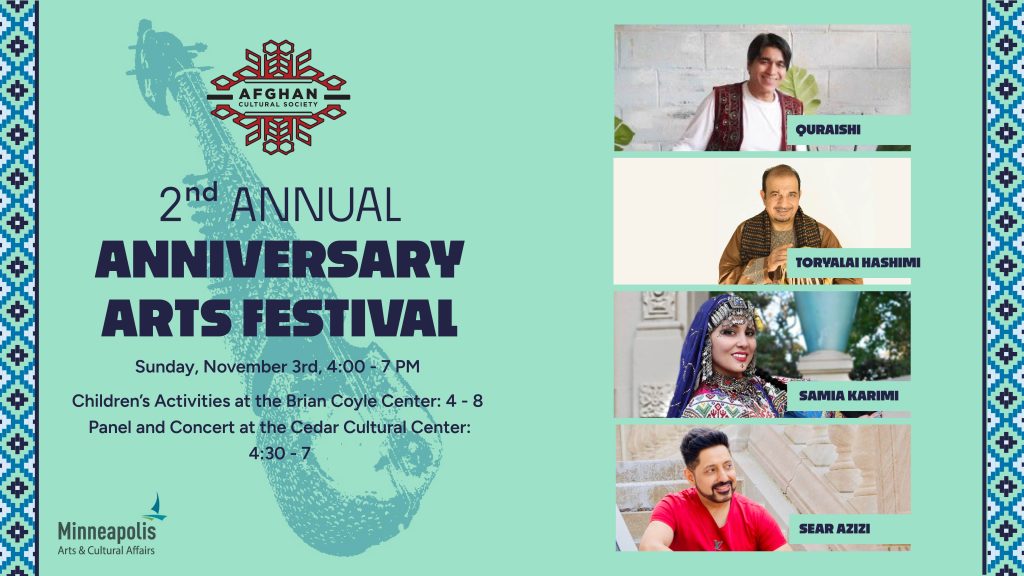
Afghan Cultural Society’s 2nd Annual Anniversary Arts Festival
Afghan Cultural Society (ACS) is celebrating our second anniversary since opening our doors in Cedar Riverside! Join us at the Cedar Cultural Center Sunday, November 3rd, from 4:30 to 7 PM for an evening highlighting the manifold music and dance styles of Afghanistan, from Hindustani classical music and folk dance to modern Afghan pop music.
We’ll start off with a brief panel discussion between ACS team members as we look back at the successes and challenges we have faced alongside recently arrived Afghan refugees making their new home in the U.S. The panel will be followed by a series of performances from our guest artists: master Rubab player Quraishi Roya, master Tabla player Toryalai Hashimi, dancer and choreographer Samia Karimi, and Mast singer and performer Sear Azizi.
We hope to see you there!
Access Notes:
Out of respect for the privacy and comfort of women in the community, there will be a designated women’s only space separated from the general audience by a privacy divider. Any women who wish to sit in this space are welcome to do so. Entry by male guests into this space is prohibited and any attempt to photograph or record this section of the audience from the outside will result in removal from the event space.
Featured Artists:
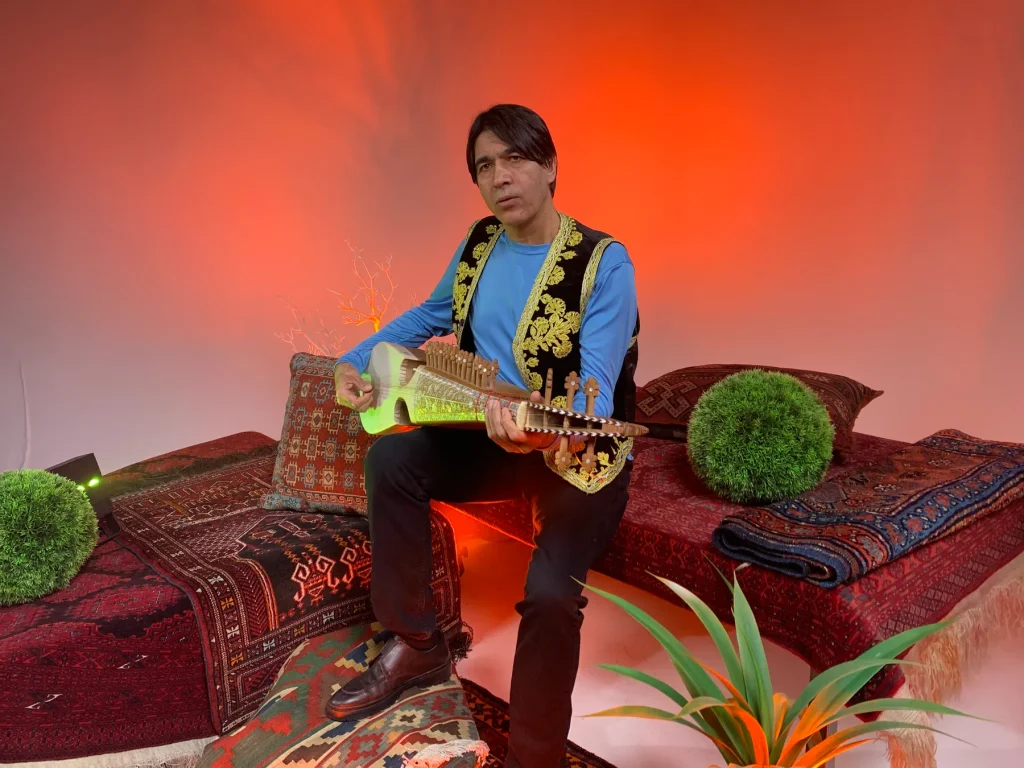
Quraishi Roya
Quraishi is a distinguished Afghan-American rubab virtuoso, known for his profound mastery of this ancient instrument, a member of the short-necked lute family. His deep musical lineage traces back to his father, who crafted Quraishi’s first rubab, and is enriched by a family history of both instrument makers and musicians. Raised in Kabul, Quraishi, a self-taught prodigy, swiftly became adept in the diverse folk styles and regional genres of Afghanistan’s ethnic groups, including Pashtun, Uzbek, and Tajik. His extensive immersion in the principles of Hindustani classical music, which form the foundation of Afghanistan’s traditional music, further refined his artistry. Since immigrating to the United States, Quraishi has played a pivotal role in bringing the rich tradition of classical Afghan court music to Western audiences. He has headlined prestigious venues across the U.S., including Lincoln Center, The Metropolitan Museum of Art, and The Kennedy Center for the Performing Arts.
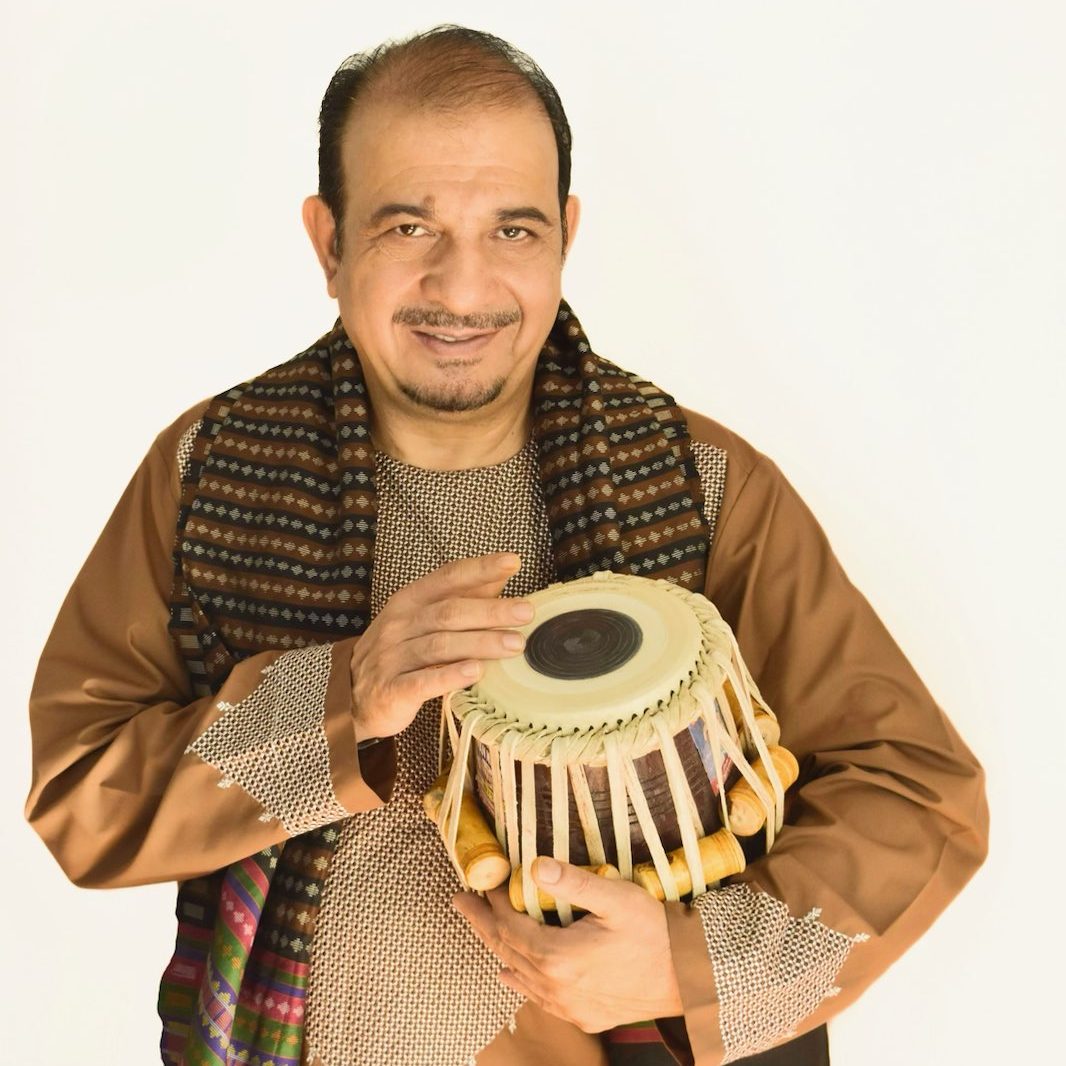
Toryalai Hashimi
Ustad Toryalai Hashimi is celebrated as one of Afghanistan’s greatest and most versatile tabla players, a pioneer of Afghan percussion whose contributions have left an indelible mark on the country’s musical landscape. Born in Shahr-e-Kona, Kabul, near the famed Kharabat—the historic hub of Afghan music—Toryalai was raised in a nonmusical family. His father, Mohammad Alif, a carpenter by trade, sometimes repaired instruments for the musicians of Kharabat. It was through this connection that Toryalai first encountered the rich world of Afghan music.
From an early age, Toryalai displayed an innate passion for the tabla, playing on a set crafted by his father. His exposure to the diverse genres performed in Kharabat ignited a lifelong journey of musical exploration. Despite no formal training in his youth, Toryalai’s innovative approach to Pashto and Mahali music made him a sought-after tabla player in his teens, performing across Afghanistan. By his early twenties, he had collaborated with over 200 artists, performing in almost every province and merging various regional styles to redefine Afghan percussion.
Toryalai’s artistic evolution took a significant leap when he began his formal training under the legendary Ustad Hashim. Becoming Ustad Hashim’s shagird (disciple) allowed him to master the nuances of classical and ghazal music, further elevating his artistry. This training, combined with his innate creativity, established Toryalai as one of the greatest tabla players in Afghan history.
Since then, Ustad Toryalai Hashimi has toured the world, performing at prestigious music conferences and collaborating with renowned Afghan vocalists and instrumentalists. After relocating to Northern California in the late 1990s, he has continued to share his profound knowledge and skill, teaching and inspiring a new generation of musicians. His legacy as a master tabla player and a custodian of Afghan musical tradition remains strong, bridging the old and new worlds of Afghan music for generations to come.
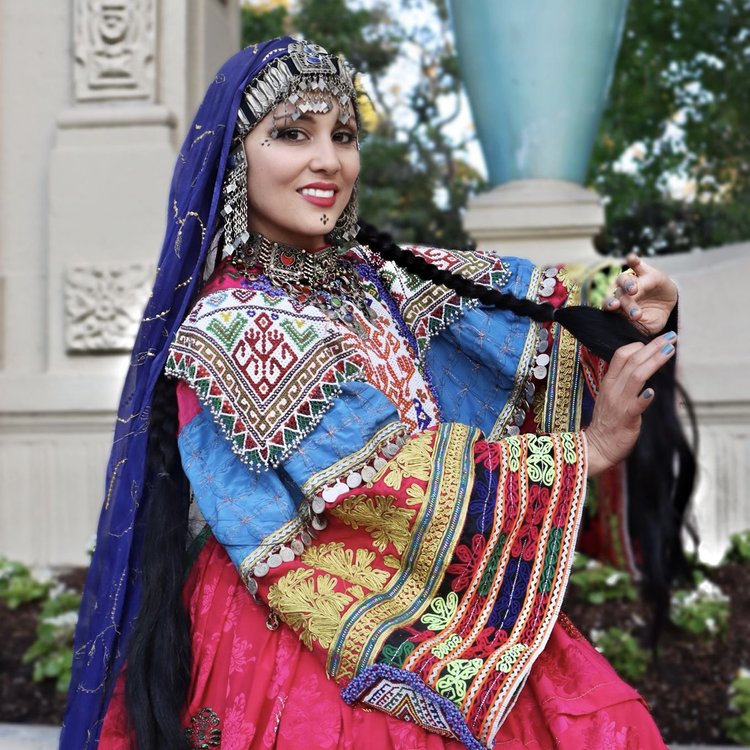
Samia Karimi
We are thrilled to have Samia Karimi join us for a second year to offer a performance for women only.
Samia Karimi was born in Kabul, Afghanistan, and has lived most of her life close to the ocean in California. Samia’s fascination with dance was inspired by her love for the music played by her madar jaan when she was a child – 1980s Afghan classics, golden Bollywood movies, as well as Googoosh of Iran. For the past 18 years Samia has trained, performed, choreographed and taught in the dance forms of the SWANA region with various dance companies as well as an independent dance artist. While keeping her passion for dance alive, Samia has also worked in the nonprofit arts space in the San Francisco Bay Area as well as Afghan refugee resettlement in Los Angeles. Samia is currently expanding opportunities to continue research in Afghan dance, to collaborate with other artists and to continue teaching Afghan dance to new students. Samia invites everyone, of all ages and backgrounds to embrace dance as its own language, as an expression of joy and pain
and ultimately as embodied freedom.
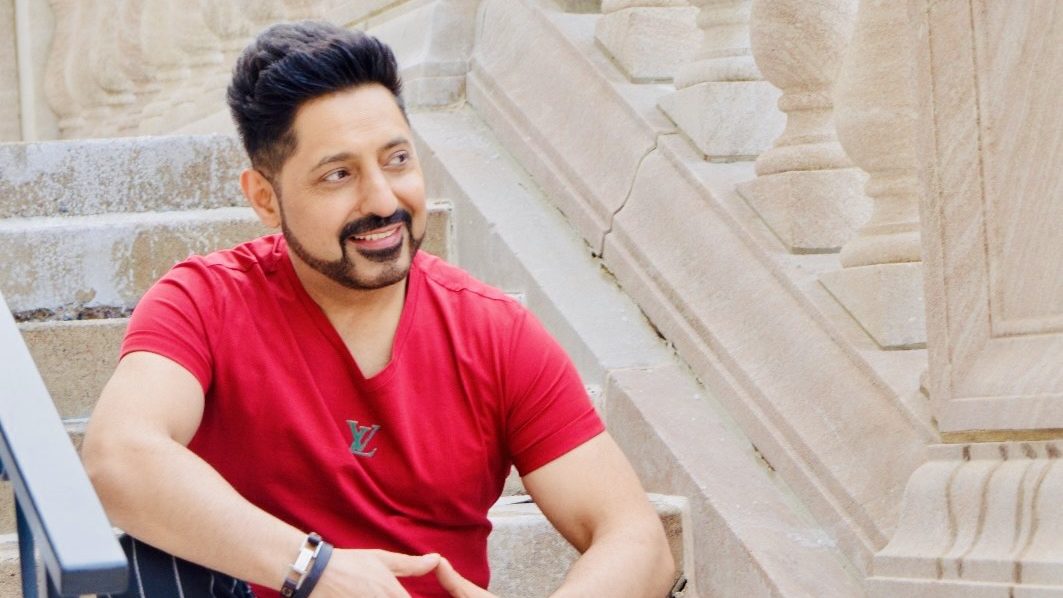
Sear Azizi
Sear Azizi was born in Kabul, Afghanistan, and spent his childhood in Kabul before emigrating to Canada as a teenager. He studied music at Humber College in Toronto, Canada and has performed numerous concerts and events in numerous cities and provinces of Canada and the United States. Sear has also performed in many fundraising events in Canada such as concerts benefiting orphans and widows in Afghanistan and has received recognition from organizations such as the Azizi foundation in San Diego, Afghan Women Organization in Toronto, Afghan Youth Organization of the University of Toronto, Afghan association of Ontario Canada, Afghan general consulate of Toronto, and many more. Sear has released three albums and several music videos which are available on YouTube and other social media platforms. Currently, Sear works at the Crescent Moon Banquet Hall in Minneapolis, where he has worked as an entertainer for the past 10 years.
Playspace @ Brian Coyle
Don’t worry about calling a sitter, just bring kids to our children’s play space before the show! They’ll be having fun playing games or participating in guided activities like hand building clay sculptures or stitching their own dolls while you relax and enjoy the performances.
Meet at 420 15th Ave. S, Minneapolis, 55454 at 4 P.M. to meet our youth instructors and enjoy a light meal with other families.
Sign Up for Play Space: Call 612 477 5092
About the Youth Instructors
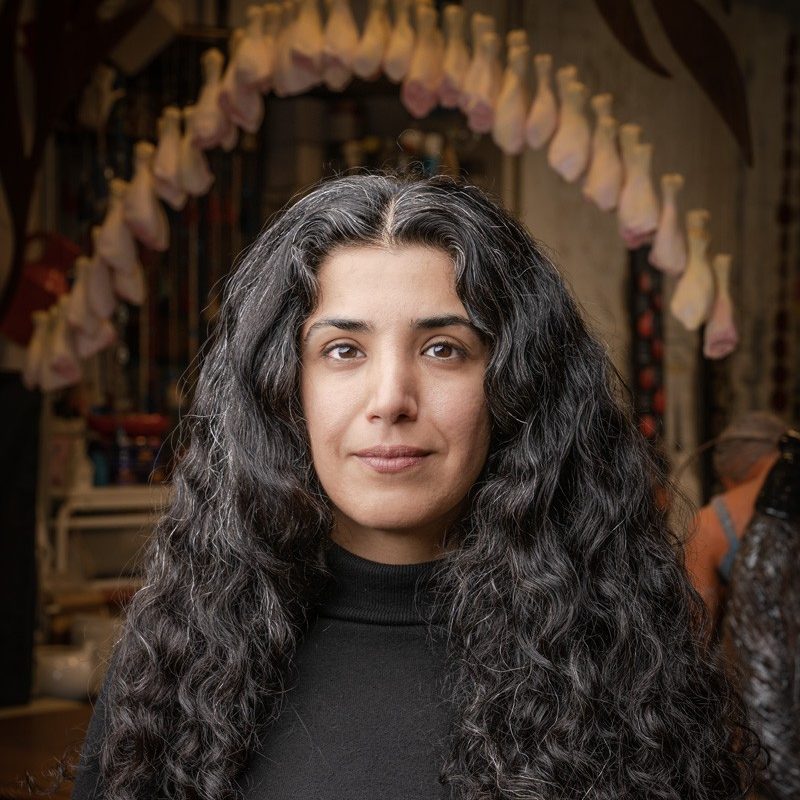
Katayoun Amjadi is an Iranian-born, Minneapolis-based artist, educator, and independent curator. In her work, she often considers the sociopolitical systems that shape our perceptions of Self and Other, such as language, religion, gender, politics, and nationalist ideologies. Amjadi holds an MFA in ceramics and sculpture from the University of Minnesota Twin Cities and currently teaches in the Art Department at Normandale Community College in Bloomington, Minnesota. She also teaches as a visiting lecturer at the Minneapolis College of Art & Design and the University of Minnesota.
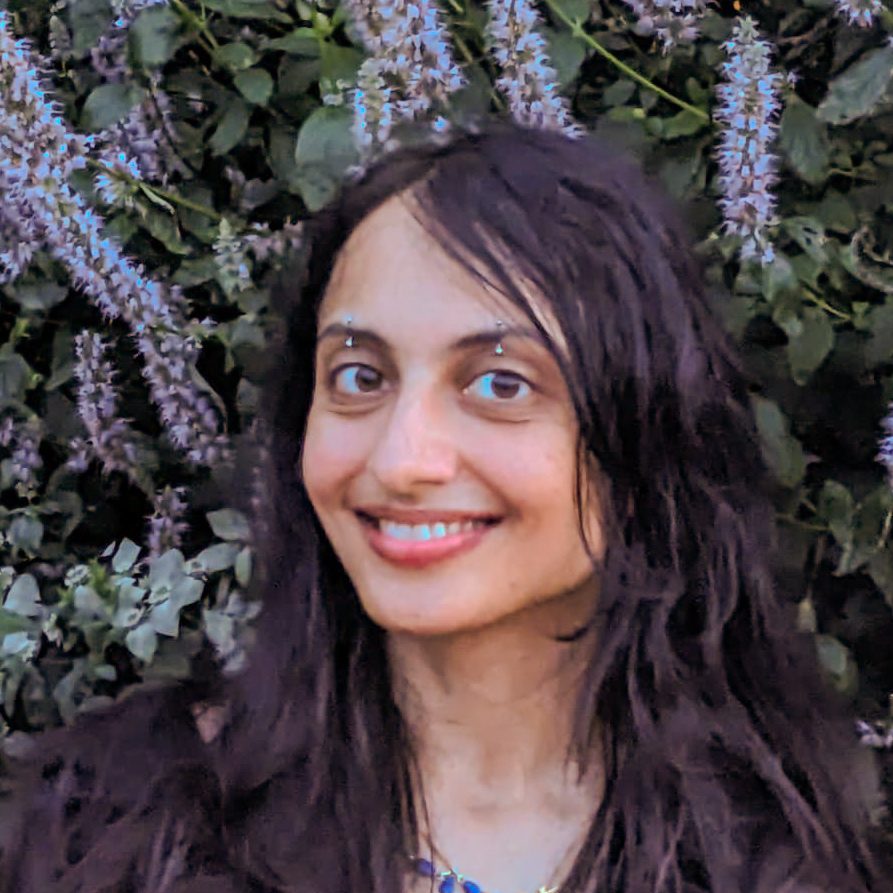
Shiraz Fazli (b. 1997) is a mixed media artist and educator born and based in Brooklyn, NY. She blends textile scraps with painting and embroidery to create paintings, dolls, and tapestries that reinterpret Afghan motifs, language, and traditions. In 2023, she exhibited her tapestry تکه تکه تکه می شوم (I break apart) at the Goethe Institute in Exile’s Afghanistan Festival. Her work is informed by the cultural history of Afghanistan and the wider region, including folklore, poetry, calligraphy, videos, music, and miniature paintings.
This program was made possible with funding from the City of Minneapolis Arts & Cultural Affairs Department.
